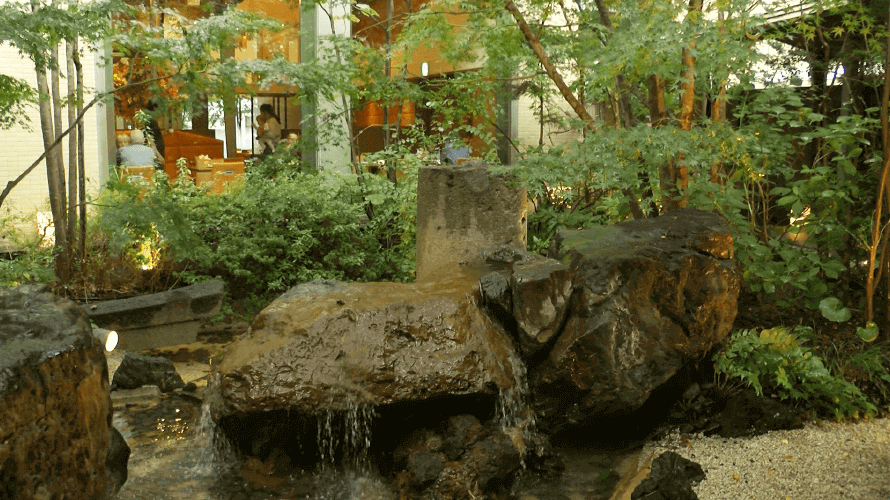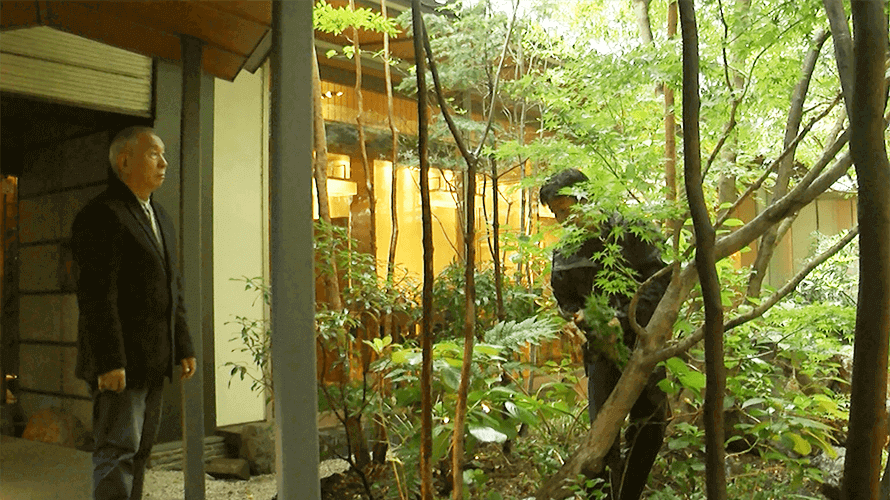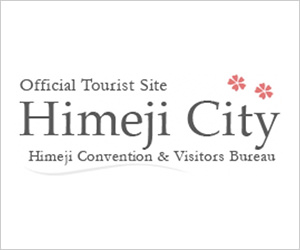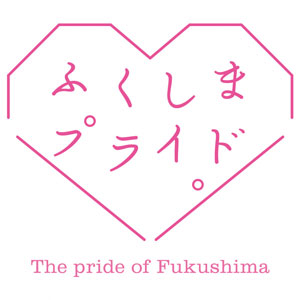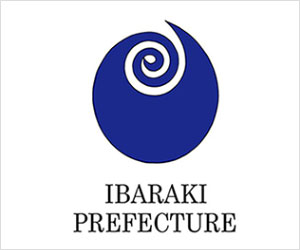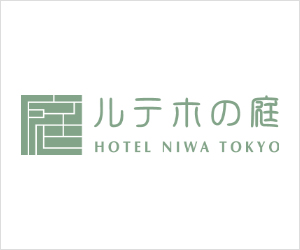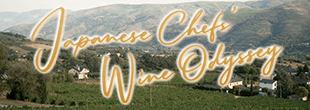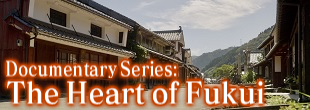CATCH JAPAN
VOD for this program is no longer available.
Series Information
Explore a colorful variety of modern Japan’s most popular topics, including food, technology, ecology and regional promotions, with a focus on the innovative ideas and passionate effort from the people behind it all.
J-TRIP
Himeji Castle, also known as the White Heron Castle, is the symbol of Himeji City. A fresh image for the city is inspired by the word “Shiro”, which means “white” in Japanese. The Shoshazan Engyoji Temple is known as one of the settings of the film The Last Samurai. We visit a Japanese sake brewery and the young female chief brewer in charge, tasting some sake made from pure white rice, and also feature white bean paste “shiro-azuki” confection at Kineya Japanese sweets shop to conclude the trip. This segment features Himeji experiences with the “Shiro” theme.
Aired: August 29, 2019 (UTC)
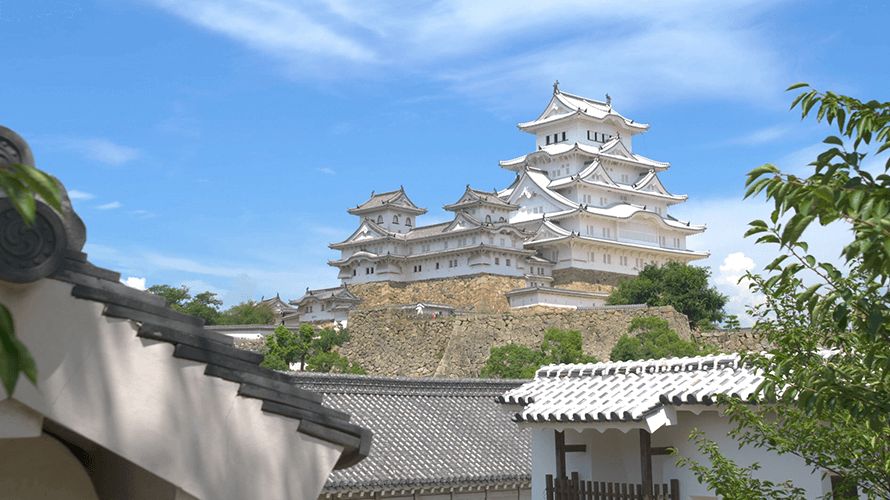
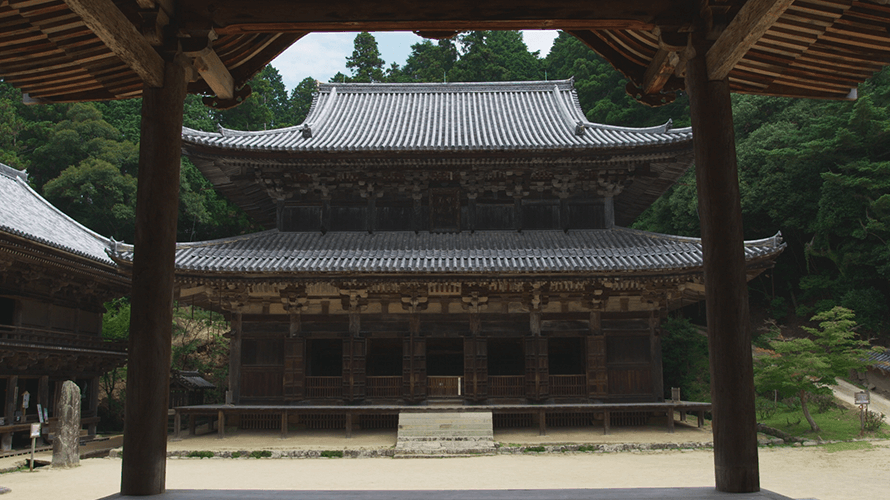
J-FOOD
There is a straight road in Fukushima Pref. called the Peach Line that runs through a stretch of fields along the Abukuma River. During the July to September harvest season, visitors can enjoy plump, juicy, sweet peaches. The peaches from the northern town of Koori are known for their particularly high quality. We visit a fruit farm that has been in business for three generations, a tourist favorite for its peach picking tour, and a fruit-sorting facility that sorts hundreds of thousands of peaches in a single day during high season. This segment introduces what’s behind the peaches that are garnering high marks in Japan and overseas.
Aired: August 29, 2019 (UTC)
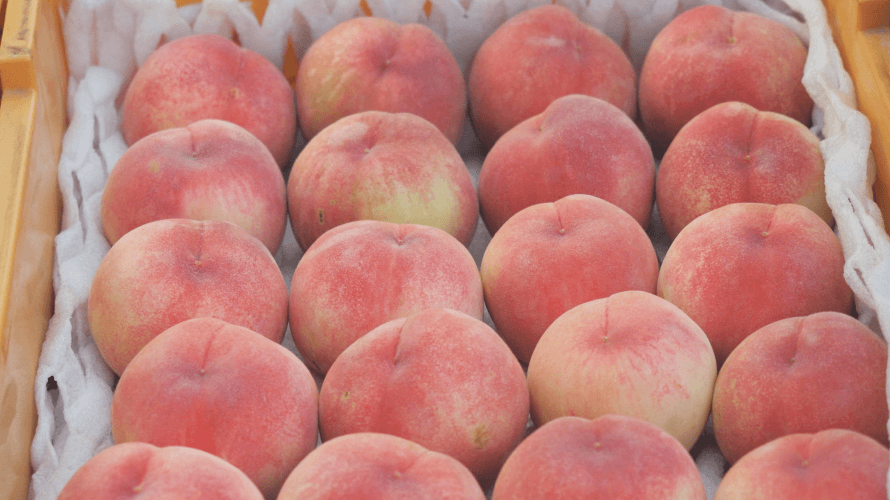
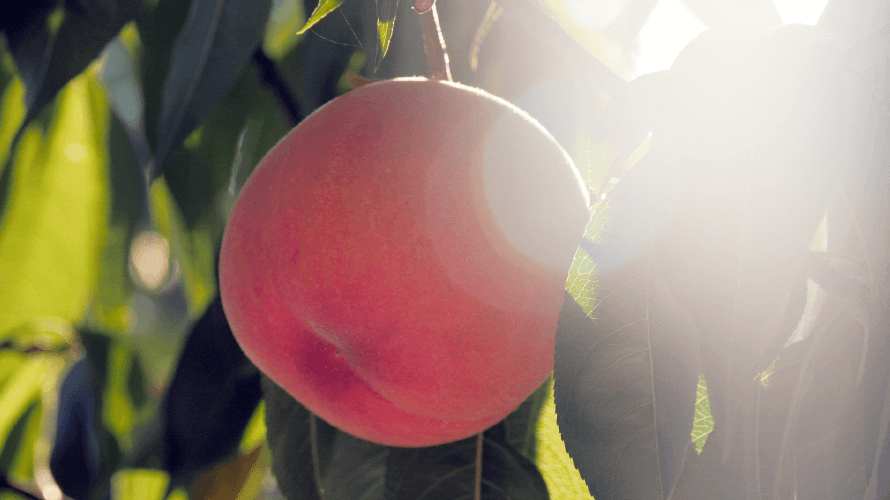
J-TRIP
Ibaraki Prefecture is about 2 hours away from Narita Airport by express bus. A booklet compiling photographs of the prefecture’s beautiful sceneries, adorned with enticing descriptions in English, was published to showcase its appeal to more overseas tourists. Changing seasons, breathtaking nature, profound spirituality nurtured by its history, and more… In this segment, we rediscover Ibaraki Prefecture’s charms through the eyes of the booklet’s editor.
Aired: January 30, 2020 (UTC)
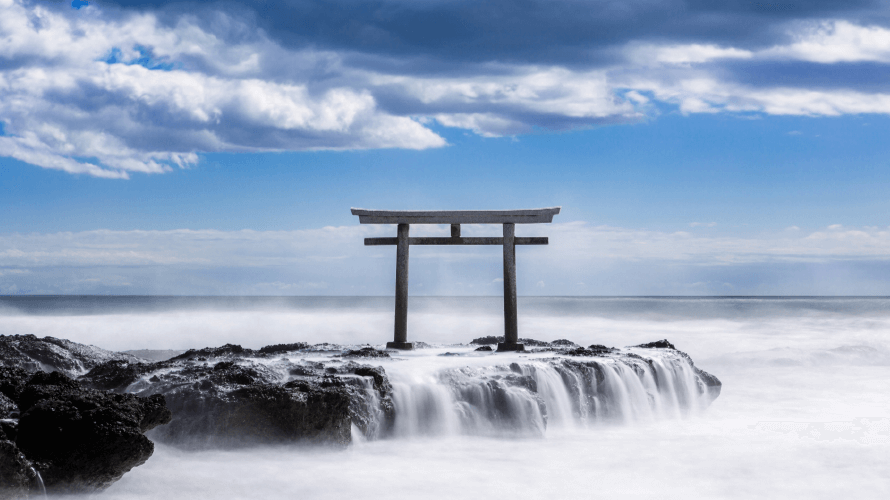
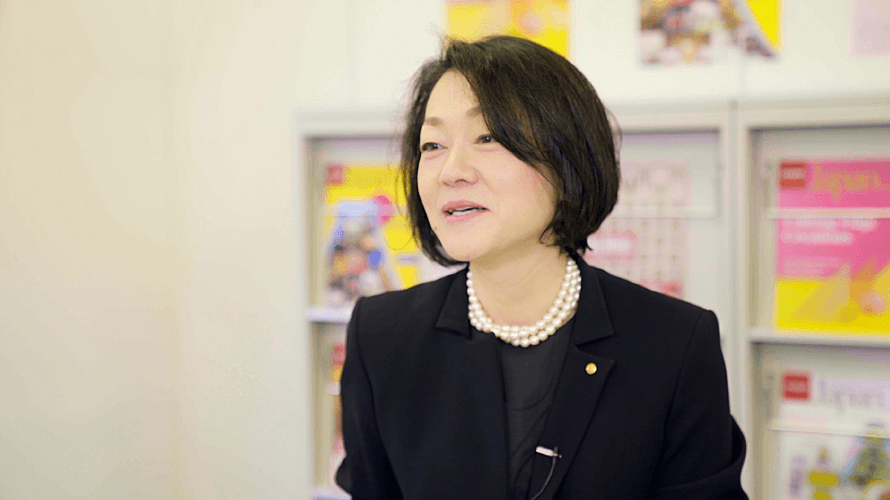
J-ART
Hotel Niwa Tokyo is located in the heart of the city, but is known for its verdant greenery. Founded in 1935 as a traditional Japanese inn called Morita-kan, it underwent a major renovation in 2009 and has been highly-reputed for the next decade. The hotel’s most notable feature is its “niwa” or garden, dutifully maintained by its landscape architect. This segment features the knowledge and skills responsible for the hotel’s garden.
Aired: November 28, 2019 (UTC)
